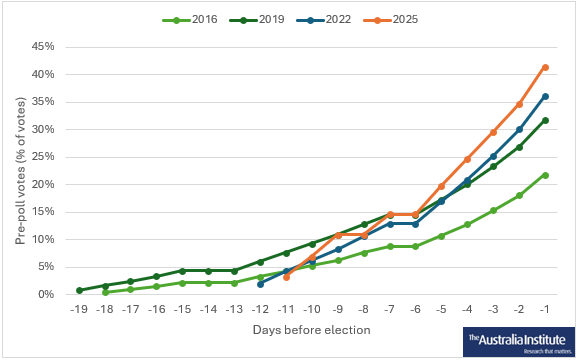Unaccountable. The Oregon Department of Transportation is unaccountable for routine cost overruns on major highway projects. Nothing it has done has acknowledged or solved this decades old problem, and giving it billions more will fuel further cost overruns. ODOT’s Key Performance Indicators (KPI’s) misleadingly claim that 97% of projects are completed under budget. ODOT is careful to define overruns only as costs after contracts are awarded: this conceals ODOT staff’s consistent pattern of low-balling cost estimates to get projects approved. ODOT also has a practice of “re-baselining” a project—retroactively altering the initial cost estimate to conceal cost increases. ODOT’s project database omits every large project that has experienced a cost overrun. The agency’s Transportation Project Tracker dashboard lists only six tiny projects as having experienced cost overruns.















